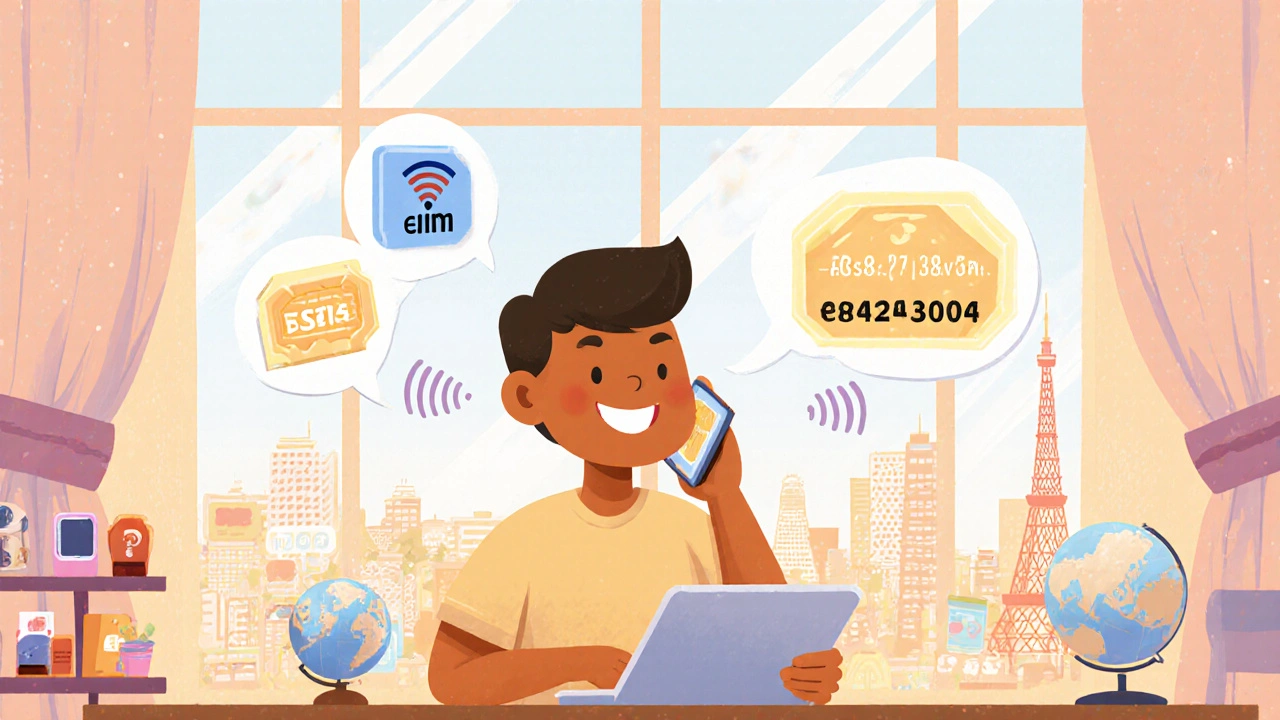VoIP for Travel: Stay Connected Abroad Without High Phone Bills
When you’re traveling, VoIP for travel, a way to make phone calls over the internet instead of cellular networks. Also known as internet calling, it lets you use your home number, avoid expensive roaming charges, and still get clear audio—even in countries with poor cellular service. You don’t need a new phone or a local SIM card. Just open an app on your smartphone, connect to Wi-Fi, and start calling like you’re at home.
Most travelers run into three problems: sky-high international rates, dropped calls on public Wi-Fi, and not being able to reach people back home. SIP trunking, a method that connects your phone system directly to the internet for reliable voice traffic solves the first two. It’s what powers business VoIP systems, but you can use it too—with the right app. And Wi-Fi calling, a feature built into most modern smartphones that routes calls over Wi-Fi instead of cellular works even if you don’t want to install extra software. Just turn it on in your phone settings, and your carrier handles the rest—no app needed.
But here’s the catch: not all Wi-Fi networks are safe. Public hotspots in hotels or airports can be hacked, and your calls might be intercepted. That’s why secure VoIP setups matter. You need encryption, strong passwords, and apps that don’t store your call logs. Some services even let you pick a local number in the country you’re visiting, so people calling you pay local rates. That’s huge if you’re working remotely or staying with family abroad.
You also don’t need a fancy phone. Even an old Android or iPhone works fine with VoIP apps like Signal, WhatsApp, or Google Voice. No need to buy a new device or sign a contract. Just download, log in, and go. If you’re on a long trip, you can even set up a virtual receptionist to forward calls to your VoIP app, so you never miss an important call—even if you’re hiking in the mountains or stuck in a train station.
And if you’re worried about emergencies? Some VoIP providers let you register a physical address for 911 or local emergency services. It’s not perfect, but it’s better than nothing. Always check your provider’s policy before you leave.
Below, you’ll find real guides on how to set up VoIP for travel, which apps actually work overseas, how to avoid hidden fees, and how to make sure your calls stay clear on weak networks. No fluff. No theory. Just what works when you’re on the road.
